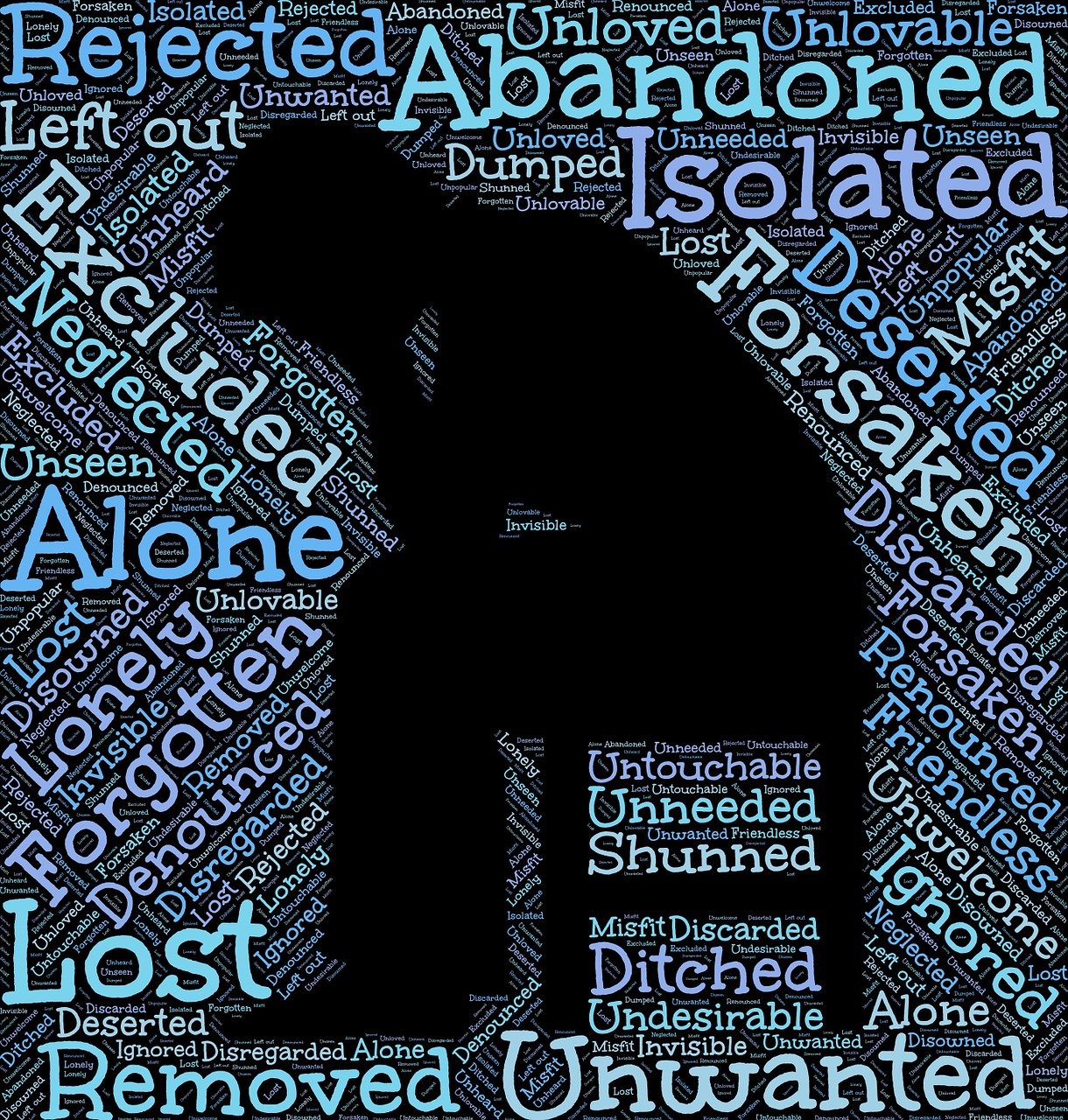Mental Causes of Suffering

The Doctor’s Perspective on Healing Mental Suffering
A doctor might explain that these mental causes operate like a poorly managed mental “ecosystem,” where unhealthy patterns feed into and worsen one another. Just as a chronic illness requires lifestyle adjustments alongside medicine, addressing these mental causes requires deliberate effort, such as Insightful practices, cognitive restructuring, and ethical living.
Suffering, from a mental perspective, is rooted in a series of cognitive, emotional, and psychological processes. These mental causes operate subtly but persistently, shaping perceptions, reactions, and behaviors perpetuate dissatisfaction. Here’s a detailed exploration of the mental causes:
1. Craving (Tanha): The Engine of Mental Suffering
Craving is not just about physical desires; it manifests deeply in the mind:
- Craving for Sensory Stimulation: The mind constantly seeks pleasurable sights, sounds, tastes, and sensations. Overstimulation leads to restlessness, much like mental “junk food.”
- Craving for Identity: The desire to maintain or enhance one’s sense of self (ego) leads to mental exhaustion, as the mind obsessively clings to labels, roles, or achievements.
- Craving for Escape: When faced with discomfort or pain, the mind craves avoidance or distraction, leading to unhealthy coping mechanisms like procrastination or addictive behaviors.
2. Aversion (Dvesha): The Mental Pushback
- Resistance to Unpleasant Experiences: The mind reacts to discomfort with rejection or denial, leading to frustration and resentment.
- Anger and Hatred: These arise when the mind perceives threats or injustices, disrupting emotional balance.
- Fear and Anxiety: These are forms of aversion rooted in an inability to accept uncertainty or loss, leading to chronic mental tension.
3. Delusion (Moha): The Cloud of Confusion
- Misunderstanding Reality: The mind clings to illusions, such as the belief that material possessions or external success will bring lasting happiness.
- False Narratives: Cognitive distortions, like catastrophizing or all-or-nothing thinking, create mental turmoil.
- Overidentification with Thoughts: The mind treats fleeting thoughts as absolute truths, fueling unnecessary worry and self-criticism.
4. Attachment (Upadana): Mental Clinging
- Clinging to Past Experiences: The mind fixates on memories, whether joyful or painful, leading to nostalgia or regret.
- Clinging to Future Outcomes: Obsessing over desired results or fearing potential failures creates anxiety.
- Dependence on Validation: Seeking constant approval from others fosters insecurity and dissatisfaction.
5. Habitual Thought Patterns
- Rumination: Repeatedly dwelling on negative events reinforces neural pathways associated with stress and sadness.
- Negative Self-Talk: Criticizing oneself undermines self-esteem and resilience.
- Comparison: Constantly measuring oneself against others fosters envy and inadequacy.
6. Ego and False Identity
- Overinflating of the Self: A sense of superiority leads to arrogance and disconnection.
- Underestimation of the Self: Low self-worth results in helplessness and passivity.
- Defensiveness: Protecting the ego against perceived slights creates unnecessary conflicts.
7. The Illusion of Control
- Over-Control: The mind’s attempt to micromanage life’s uncertainties leads to frustration when things don’t go as planned.
- Under-control: A sense of helplessness arises when the mind perceives itself as a victim of circumstances.
8. Lack of Insight
- Distraction: The inability to focus on the present moment scatters the mind, creating stress.
- Autopilot Mode: Acting without awareness perpetuates unhelpful habits and reactions.
9. Emotional Dysregulation
- Over-reactivity: The mind amplifies minor irritations, turning them into major grievances.
- Suppression: Bottling up emotions creates internal pressure, eventually leading to outbursts or breakdowns.
- Inconsistent Responses: Swinging between extremes (e.g., optimism and despair) destabilizes the psyche.
10. Interpersonal Triggers
- Conflict: Misunderstandings or perceived slights feed feelings of isolation or hostility.
- Dependence on Others for Happiness: Expecting others to fulfill one’s needs leads to disappointment and blame.
How These Mental Causes Interact
These mental causes are interdependent and reinforce one another:
- Craving leads to attachment, which amplifies aversion when desires are unmet.
- Delusion feeds craving by distorting perceptions of what will bring happiness.
- Habitual thought patterns strengthen delusion, making it harder to see the reality of impermanence and interconnections.
The Doctor’s Perspective on Healing Mental Suffering
A doctor might explain that these mental causes operate like a poorly managed mental “ecosystem,” where unhealthy patterns feed into and worsen one another. Just as a chronic illness requires lifestyle adjustments alongside medicine, addressing these mental causes requires deliberate effort, such as Insightful practices, cognitive restructuring, and ethical living.